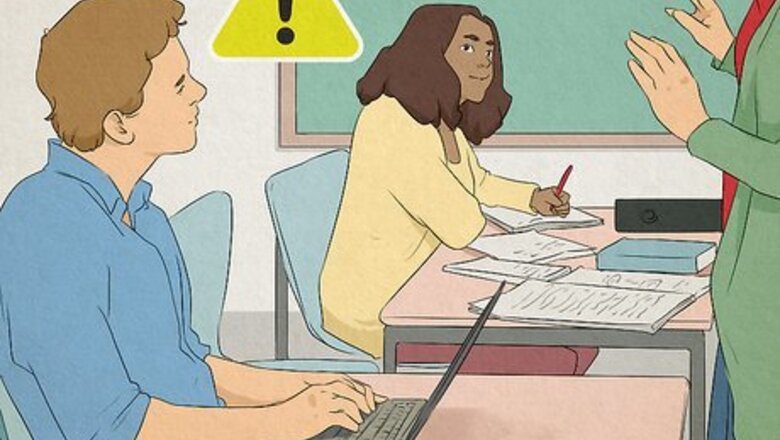
views
Ignoring the Distractor
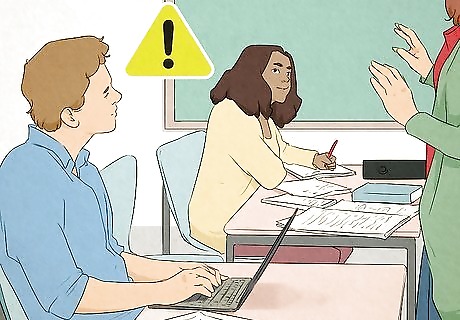
Be alert. Make sure your body language communicates that you’re focused and ready to learn. Lean slightly forward and keep your head up so you can see the teacher. A distracting person isn’t likely to talk to you if you look unavailable. Try not to look bored so you don’t invite conversation.
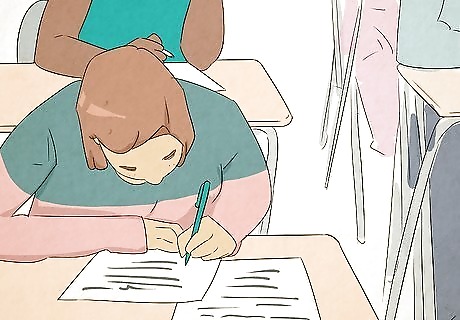
Shut yourself off. Position your body away from the distractor so that they will not feel as comfortable talking to you. Keep your eyes toward the front of the classroom and your chest pointed away from them. Practice negative body language to communicate that you don’t want to listen to them. Try sitting closer to the front of the classroom, where the teacher will be closest to you and everyone else will be behind you. You want to make yourself appear physically cold to the person trying to distract you.
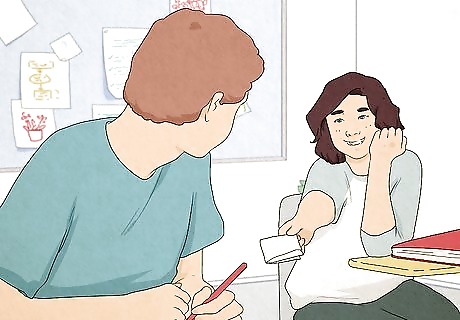
Don’t engage with the distractor. Even if the person trying to distract you gets offended that you’re shutting them out, don’t acknowledge them. If they take your indifference personally, they may lash out at you. Don’t react to their outburst. Make it clear to your teacher that you’re not involved in their outburst. You don’t want to get in trouble for disrupting the class.
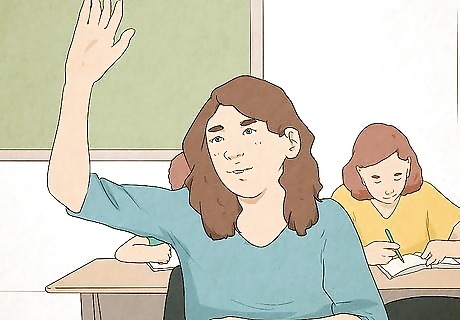
Participate in class. No one will have a chance to distract you if you’re constantly active in class discussions. Focus your attention completely on the class lecture and raise your hand to answer every question the teacher asks. If the person distracting you is doing so by sending you texts, set your phone to airplane mode so your device won't bother you.
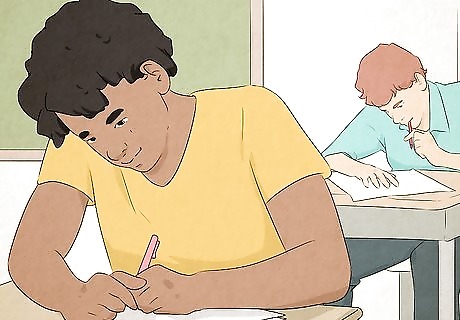
Take notes in class. Keep a notebook handy. Every time another student tries to get your attention, act like you’re busy writing notes. When your eyes aren’t on your teacher, keep them buried in your notebook. Be sure to look up from time to time, you don’t want your teacher to think you’re doodling.

Ask to move seats. Let your teacher know that you’re having trouble focusing in your current seat and ask if you can change seats away from your distractor. If there are no seats available, you can ask another student if they don’t mind switching with you. Get close to the teacher. The closer you are to the front of the class, the easier it will be for you to pay attention. If the distractor is your friend outside of class, you may not want to get them in trouble. Give your teacher an excuse why you need a new seat. Say “I’m having trouble hearing the lecture, would you mind if I moved closer to the front of class?”
Communicating with the Distractor
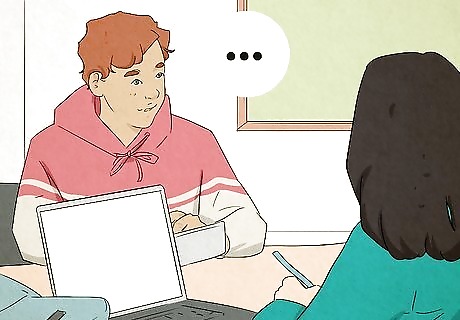
Start a conversation. Wait till class is over and strike up a conversation with the person that’s distracting you. Try not to be confrontational. Rather, approach them in a friendly way so they’ll be more likely to listen to you. Calmly let them know that they’re disrupting your attention in the classroom. Remember to always call out the behavior and not the person. Make sure they know you have nothing personal against them. A good way to start off the conversation is with flattery. You can say something like “Your jokes are always so funny and I love to hear them when we’re not in class.”
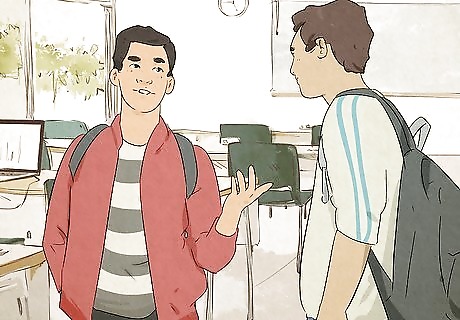
Get to the point. Be clear about your boundaries. Let the distractor know that you need to give your studies your full attention. Tell them that even if they don’t mean to, they’re affecting your ability to concentrate in class and you need them to stop. Give specific examples of when they distracted you. Say something like: “Last Monday when you were trying to show me your new shoes in class, I had a really hard time listening to the lesson.” Be cool. Speaking in a calm tone will be more effective towards getting the behavior to stop.
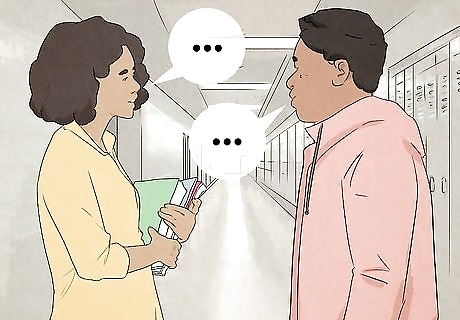
Request feedback. You don’t want your conversation to become a lecture. You also want to get clarification that the distractor understands your point. After you’ve made your point clear, ask your classmate how they feel about the situation and be sure to listen closely. Watch their body language. If they have a harsh stare or are avoiding eye contact, they’re likely getting defensive and not listening to you. Be understanding. Maybe the person didn’t realize they were bothering you and was only trying to be your friend.
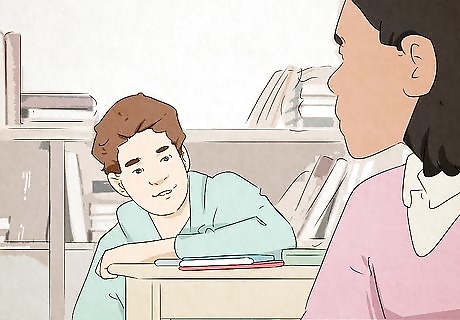
Change your perspective. Give your distractor the benefit of the doubt and try to see the world from their viewpoint. They may be a very social person who has trouble paying attention in class. They might even need your help learning to stay on task. If the distractor is your friend, they may just need some extra attention. Give them a hug or take some time away from class to listen to them vent.

















Comments
0 comment